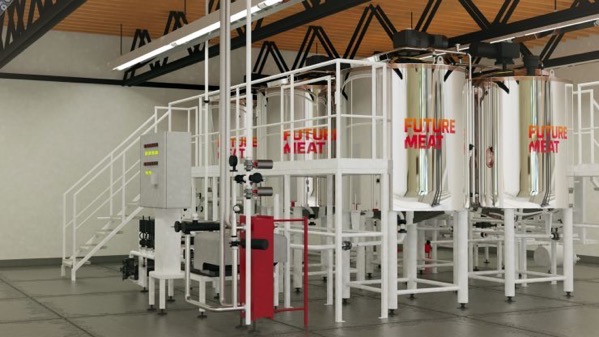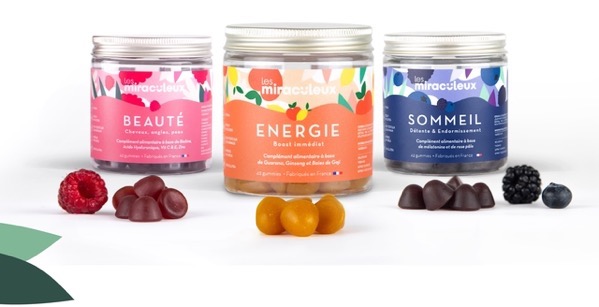Hi,
This last couple of weeks have been crazy. Rich of events, missions and meetings with passionate founders and corporates leaders. However, I would like to take the time to assess a few of the news that has crossed the FoodTech universe.

#1 – Is cell-based meat close to production?
Future Meat, another Israeli lab-grown meat start-up raises $14 million to build production plant. While not the biggest deal in this ecosystem, it is still significant and even more by the fact it is said to enable the company to put products on the market. The company want to market blends of plant-based and clean meat proteins by 2021 and then hopes to achieve a $10/pound meat replicate by 2022. Future meat’s approach is rather different from its competitors. It does not look to sell its now brand but to be a technology provider to any company looking to either develop 100% cell-based meat or blend products.
Learn more here
#2 – The rise of hyperlocal delivery
Dunzo, an Indian startup, has raised $45m with Google as top investor. It follows a $11.5m deal in April. Founded in 2015 in Bangalore, Dunzo has a simple value proposition: get everything local delivered in less than 60 minutes (most of the orders are delivered in less than 25 minutes), with no minimum order and a small fee ($1 for local deliveries).
While looking like Glovo, its European counterpart in local deliveries of almost everything, the fact that deliveries are that fast and that cheap is itself interesting enough. By enabling a mobile phone company such as Xiaomi to deliver its customers with new phones in less than 30 minutes, it is seriously competing with Amazon. Moreover, with these quick and cheap deliveries, it competes, as Glovo does in Europe, with restaurant delivery giants (Swiggy and Zomato in India). An instant delivery in an hyperlocal environment is a completely different experience compared to one or two hours delivery (not mentioning one or two days) from remote businesses. It creates both a greater reward, as the delivery is always instantaneous and a greater link to local communities.
#3 – Zomato Gold: when food delivery fights with restaurants
Do you know Zomato? With Swiggy, it’s one of the best funded startups in the restaurant delivery space. The company launched earlier this year a subscription plan, Zomato Gold, which for less than €30 gave you access to many deals in restaurants such as:
- Buy one, get one for food
- Buy two, get two for drinks (both deals are available in delivery and for dinning)
No need to tell it was met with great success from the consumers. But, restaurant owners that signed to be part of Zomato gold were not that pleased with this scheme. Nearly 3000 restaurants went on “strike” with a #LogOut slogan, removing their meals from the platform, even if the platform had created a rule of 45 day notice before leaving. After a few rounds of meetings between restaurant associations and delivery platforms, it does not seem that they agreed on much, even if Zomato smoothed the benefits of Gold.

#4 – Functional supplements in France?
Les Miraculeux, a French early stage startup is venture is this business with a range of products which remind of Olly With this brand, you don’t purchase vitamins anymore with the annoyance of finding the right mix of suited to your goals. Instead, you buy funny, tasty and coloured sweets with functions such as appealing as “goodbye stress”, “undeniable beauty” or “healthy sleep” ). Olly made $80m in sales in 2017 and may have doubled this figure in 2018. It was acquired by Unilever in early 2018.
We had the opportunity to experiment them Les Miraculeux (currently in crowdfunding here). If I can’t assess myself the beauty effect, energy and sleep gummies are quite effective.
#5 – A breath to know what you should eat?
Lumen, an Israel based, hardware startup has just announced a $8.5m deal. Lumen builds a small breath detector to help you “hack your metabolism and lose weight”. The idea is simple (here is a video on how it works), with one breath you get recommendations on what you should eat or do at the gym to reach your goals. Basically, the idea is that we have all different responses to carbs, proteins and fats. Consuming too many carbs for someone which use mostly fat will let you low in energy. The company has sold 11,000 of its $249 devices through crowdfunding and while shipping has not started yet, it has already nested investor trust (and money) to grow the company.
Have a great read!
Matthieu







